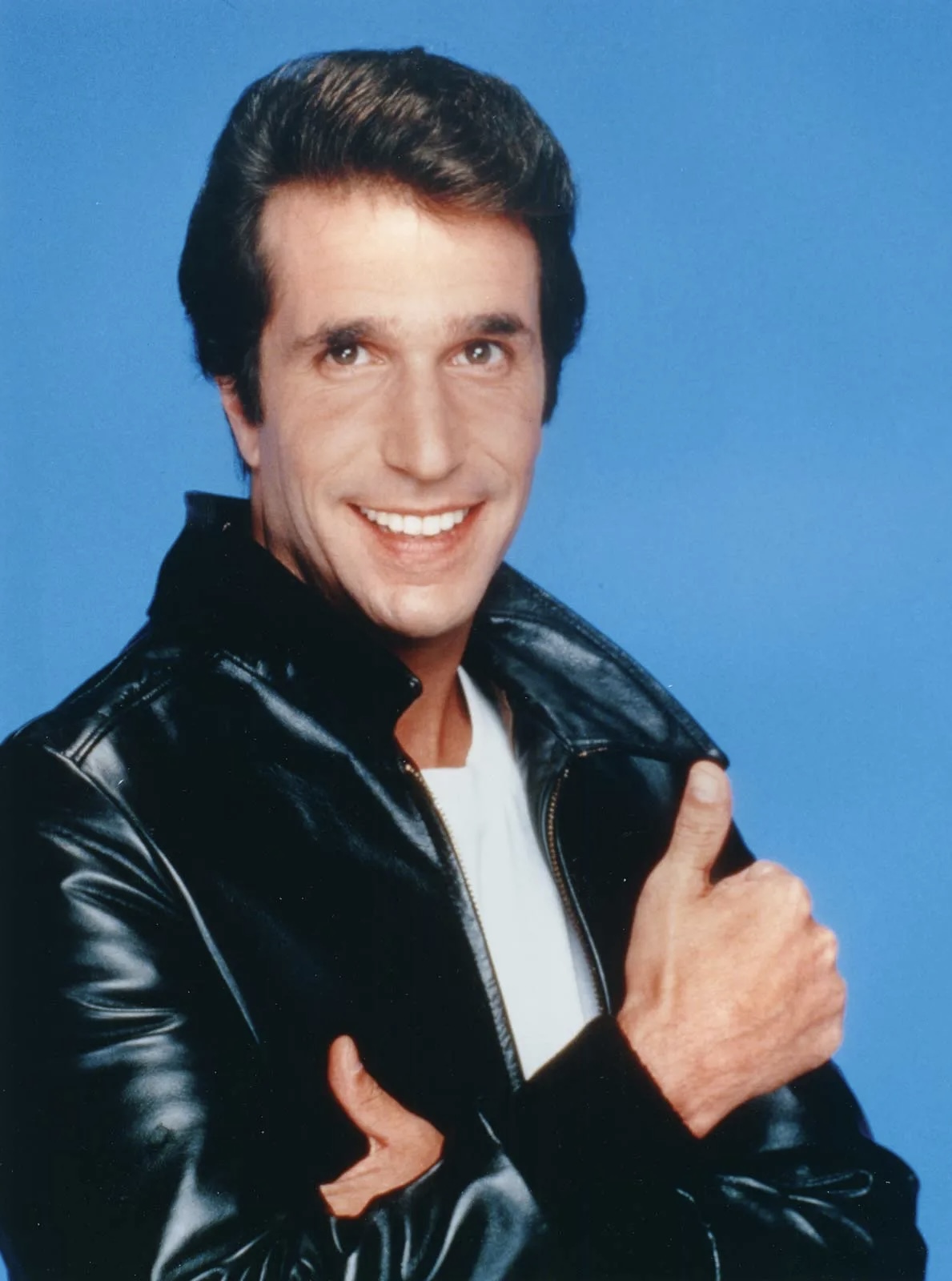This famous actor didn’t pick up a book to read until he was 31 years old
Henry Winkler’s journey to success wasn’t easy, shaped by countless struggles, self-doubt, and a late discovery that would change his life. As a child, he was labeled lazy and stupid, which deeply affected his confidence and shaped much of his early years. Despite these setbacks, his resilience carried him through challenges that could have deterred many.
Growing up, Henry’s parents had high expectations for him, especially when it came to his education. He was raised by Jewish immigrants from Germany who strongly believed in the power of learning. However, these values turned into immense pressure for Henry, who found school difficult. “My parents were very, very, very short Jews from Germany,” Winkler recalled, speaking to The Yale Center for Dyslexia & Creativity. “They believed in education. They thought I was lazy. I was called lazy. I was called stupid. I was told I was not living up to my potential.”
Despite the harsh labels, Winkler never saw himself as lazy. He believed he was giving his best effort, constantly frustrated by his inability to succeed. His parents’ constant punishments only deepened his belief that he was somehow flawed. “I don’t want to be stupid,” he often thought, determined to overcome the challenges.
Henry’s struggles with school led to severe consequences at home. He was frequently grounded, and his parents hoped that isolation would force him to understand the importance of discipline. “They thought if I stayed at my desk for 6 weeks at a time, I was going to get it,” he recalled. “That was going to put an end to the silliness of my laziness.”
Despite the turmoil of his high school years, Henry eventually earned a Master of Fine Arts (MFA) from Yale University, a major accomplishment considering the academic hurdles he faced. But even after graduation, the struggle didn’t end. He found reading scripts for acting roles incredibly difficult, adding another layer to his challenges in the entertainment industry.
Winkler developed ways to cope with his learning difficulties. “You learn to negotiate with your learning challenge. I improvised. I never read anything the way that it was written in my entire life,” he explained. Memorizing lines quickly and improvising when necessary became his methods of survival. His ability to make others laugh and deliver lines with conviction earned him roles, including the iconic part of Arthur “Fonzie” Fonzarelli in Happy Days. However, his difficulties with reading scripts persisted, especially during table reads.
Winkler recalled feeling embarrassed during the early days of Happy Days, stumbling over words while reading scripts aloud in front of producers and fellow actors. “I embarrassed myself for 10 years reading around that table with the producers, the other actors, the director, all of the department heads,” he confessed. Yet despite these challenges, his ability to memorize and bring charisma to his roles helped him succeed in Hollywood.
It wasn’t until his stepson began to face difficulties in school that Henry thought there might be a reason behind his own struggles. After his stepson was diagnosed with a learning disability, Winkler began to suspect that he too might have dyslexia. “I went, ‘Oh my goodness. I have something with a name,’” he said, realizing that a name for his challenge was the key to understanding his past struggles.
At 31, Winkler received the diagnosis of dyslexia, a revelation that was both freeing and frustrating. He explained, “I didn’t read a book until I was 31 years old when I was diagnosed with dyslexia. Books terrified me. They made me nervous.” The discovery also made him angry, as he realized how much of his childhood struggles had been a result of an undiagnosed learning disability. All the grounding, the punishment, and the shame had been for nothing.
But instead of letting this anger hold him back, Winkler used his diagnosis as a source of motivation. He became determined to inspire others, particularly children who faced similar challenges. He channeled his experiences into writing a children’s book series about Hank Zipzer, an elementary school student with dyslexia. Through Hank, Winkler shared his own story, showing children that their learning disabilities would not define their future.
Winkler’s books have resonated deeply with readers, particularly those who struggle with learning challenges. “Every child who writes me a letter about Hank Zipzer, I write back,” he said. “In every letter, I include, ‘your learning challenge will not stop you from meeting your dream. Only you will stop yourself from meeting your dream.’”
Though Winkler still faces challenges in reading and learning, he has enjoyed significant success. Beyond his acting career, he has authored several books, and his upcoming memoir is set to be released in 2024. Despite the accolades and accomplishments, Winkler is most proud of his books. “Outside of my family, my proudest moment, no matter what I have achieved, are the books.”
Henry Winkler’s story is an inspiring testament to resilience, reminding us that struggles can be overcome and transformed into sources of strength. From a child labeled as lazy and stupid to an award-winning actor and bestselling author, he shows that the journey may be hard, but with persistence, anything is possible.
